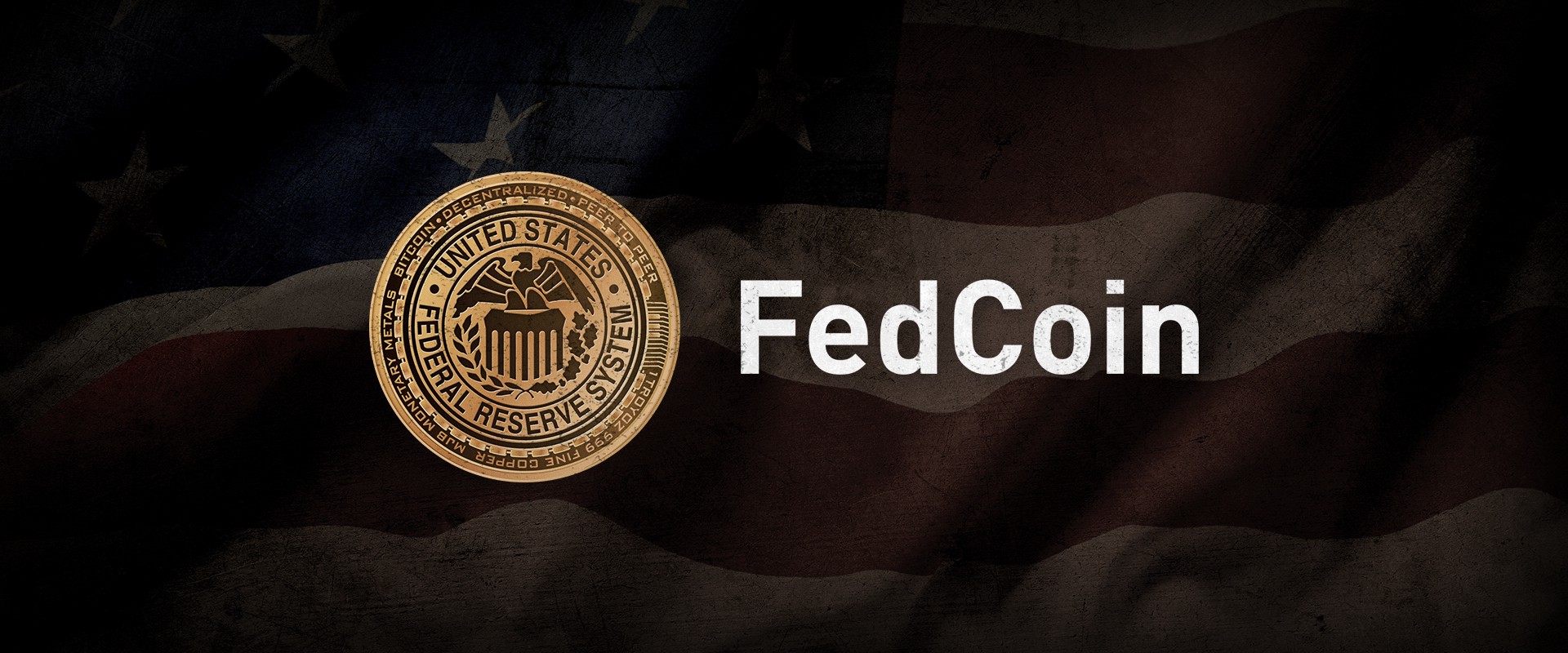PALO ALTO, Calif. (Reuters) - The Federal Reserve is looking at a broad series of issues around digital payments and currencies, including policy, design and legal factors to consider around potentially issuing its own digital currency, Guv Lael Brainard stated on Wednesday. Brainard's remarks suggest more openness to the possibility of a Fed-issued digital coin than in the past." By transforming payments, digitalization has the potential to deliver higher fedcoin a central bankissued cryptocurrency value and benefit at lower cost," Brainard stated at a conference on payments at the Stanford Graduate School of Company.
Reserve banks worldwide are debating how to handle digital finance innovation and the distributed ledger systems utilized by bitcoin, which assures near-instantaneous payment at potentially low cost. The Fed is developing its own round-the-clock real-time payments and settlement service and is currently reviewing 200 comment letters sent late in 2015 about the suggested service's style and scope, Brainard stated.
Less than 2 years ago Brainard informed a conference in San Francisco that there is "no engaging demonstrated requirement" for such a coin. However that was before the scope of Facebook's digital currency aspirations were widely understood. Fed officials, including Brainard, have raised concerns about customer defenses and information and personal privacy threats that might be presented by a currency that might enter usage by the third of the world's population that have Facebook accounts.
" We are teaming up with other central banks as we advance our understanding of reserve bank digital currencies," she stated. With more nations looking into releasing their own digital currencies, Brainard stated, that adds to "a set of reasons to also be ensuring that we are that frontier of both research study and policy development." In the United States, Brainard stated, concerns that need study include whether a digital currency would make the payments system safer or simpler, and whether it might posture financial stability threats, including the possibility of bank runs if money can be turned "with a single swipe" into the main bank's digital currency.
To counter the monetary damage from America's unprecedented nationwide lockdown, the Federal Reserve has actually taken extraordinary actions, consisting of flooding the economy with dollars and investing straight in the economy. The majority of these moves got grudging acceptance even from numerous Fed skeptics, as they saw this stimulus as required and something just the Fed might do.
My new CEI report, "Government-Run Payment Systems Are Unsafe at Any Speed: The Case Versus Fedcoin and FedNow," information the dangers of the Fed's existing plans for its FedNow real-time payment system, and proposals for main bank-issued cryptocurrency that have actually been called Fedcoin or the "digital dollar." In my report, I talk about issues about personal privacy, data security, currency control, and crowding out private-sector competition and development.
Supporters of FedNow and Fedcoin state the government needs to create a system for payments to deposit immediately, rather than motivate such systems in the economic sector by lifting regulatory barriers. But as noted in how to buy fedcoin the paper, the economic sector is supplying a relatively limitless supply of payment technologies and digital currencies to fix the problemto the degree it is a problemof the time space in between when a payment is sent and when it is gotten in a savings account.

And the examples of private-sector innovation in this location are lots of. The Clearing House, a bank-held cooperative that has been routing interbank payments in numerous types for more than 150 years, has actually been clearing real-time payments given that 2017. By the end of 2018 it was covering 50 percent of the deposit base in the U.S.